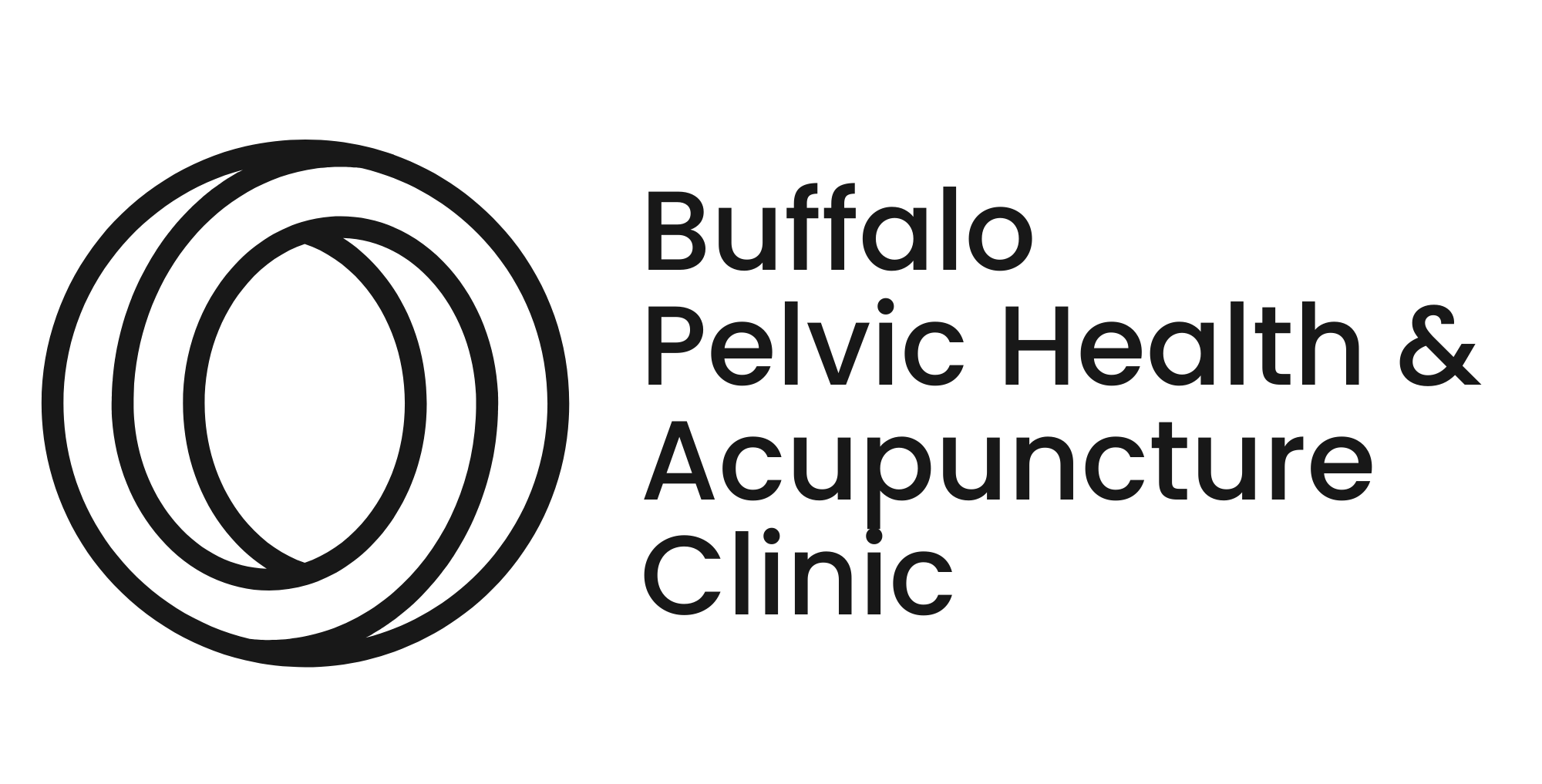Natural Support for Your Endocrine System
Here is how we can affect and treat your endocrine system, naturally!
Traditional Chinese Medicine (TCM) influences the endocrine system through several mechanisms that align its holistic approach with modern scientific understanding. TCM practices like herbal medicine, acupuncture, and dietary adjustments aim to restore balance to the body, often targeting hormonal regulation and metabolic pathways.
- Neuroendocrine Regulation: TCM has been found to impact the hypothalamic-pituitary-adrenal (HPA) axis, a critical component of the endocrine system. Dysregulation of this axis is associated with stress-related disorders, metabolic conditions, and even neurodegenerative diseases like Alzheimer’s. TCM interventions, such as herbal formulas and acupuncture, can modulate neuroendocrine responses, reducing inflammation and oxidative stress, and promoting neuroplasticity through pathways like brain-derived neurotrophic factor (BDNF) regulation
- Metabolic Hormone Adjustment: TCM addresses conditions like diabetes and obesity by modulating gut microbiota, which is increasingly recognized for its role in hormonal balance. Specific herbs can influence glucose metabolism and improve insulin sensitivity. For instance, studies have shown that herbs like berberine act on the gut to improve metabolic disorders by influencing microbiota and reducing inflammation
- Endocrine and Immune Interaction: TCM integrates the functions of the endocrine and immune systems, emphasizing the “kidney” and “spleen” functions as described in TCM theory. These correlate with hormonal balance and immune modulation in modern terms. Herbs and treatments targeting these organs aim to regulate energy metabolism and hormonal functions, demonstrating effects on conditions like hormonal imbalances during menopause and metabolic syndromes
- Clinical Applications in Hormonal Disorders: Research highlights TCM’s role in managing conditions like polycystic ovary syndrome (PCOS), thyroid dysfunction, and stress-related hormonal imbalances. The integration of acupuncture with herbal treatments has been shown to balance sex hormone levels, regulate ovulation, and address symptoms of hormonal disorders
Future research aims to deepen the understanding of how TCM impacts specific molecular pathways and how it can be tailored for personalized treatment. This integration of ancient practices with modern science continues to show promise in managing endocrine and related systemic conditions. For more information, check out these studies: Roles of traditional chinese medicine regulating neuroendocrinology on AD treatment and A Guide to Regulating Hormone Function Utilizing TCM
Get help with managing your endocrine system. Start treatment today with one of our compassionate and skilled acupuncturists. Book online here!
Learn more about how acupuncture works and what it can treat here


